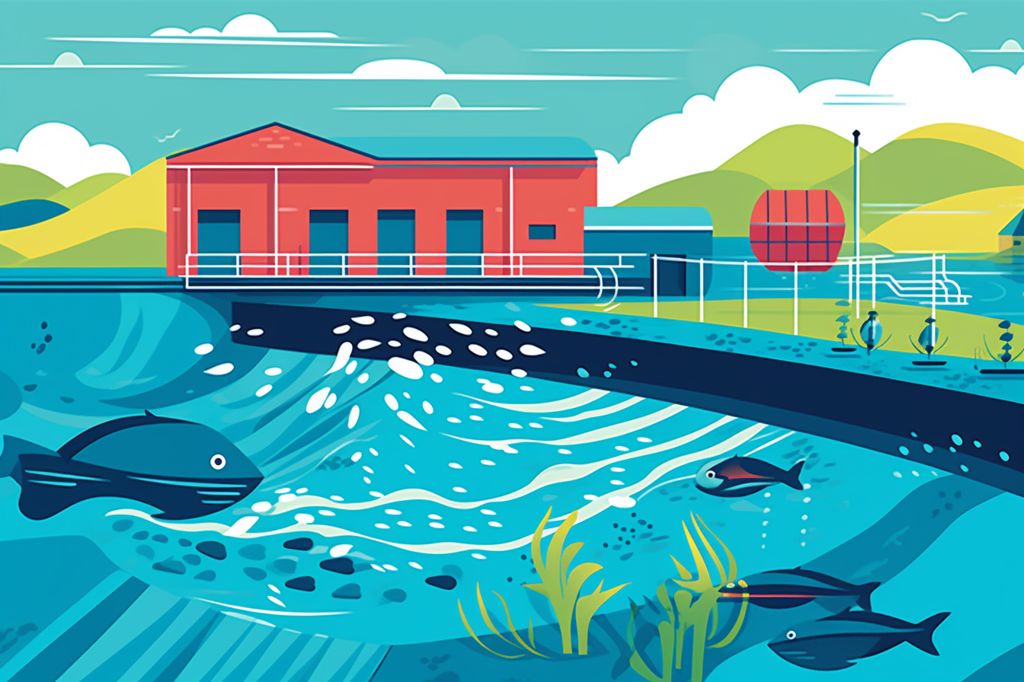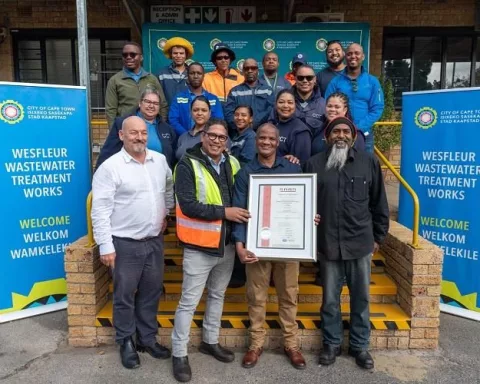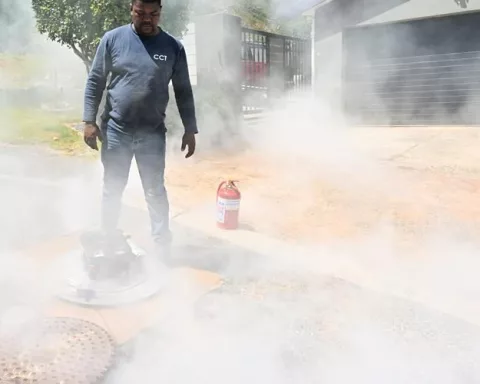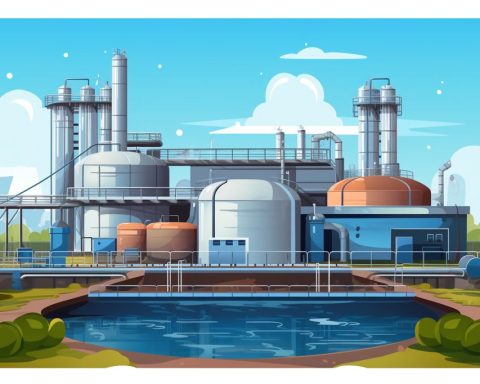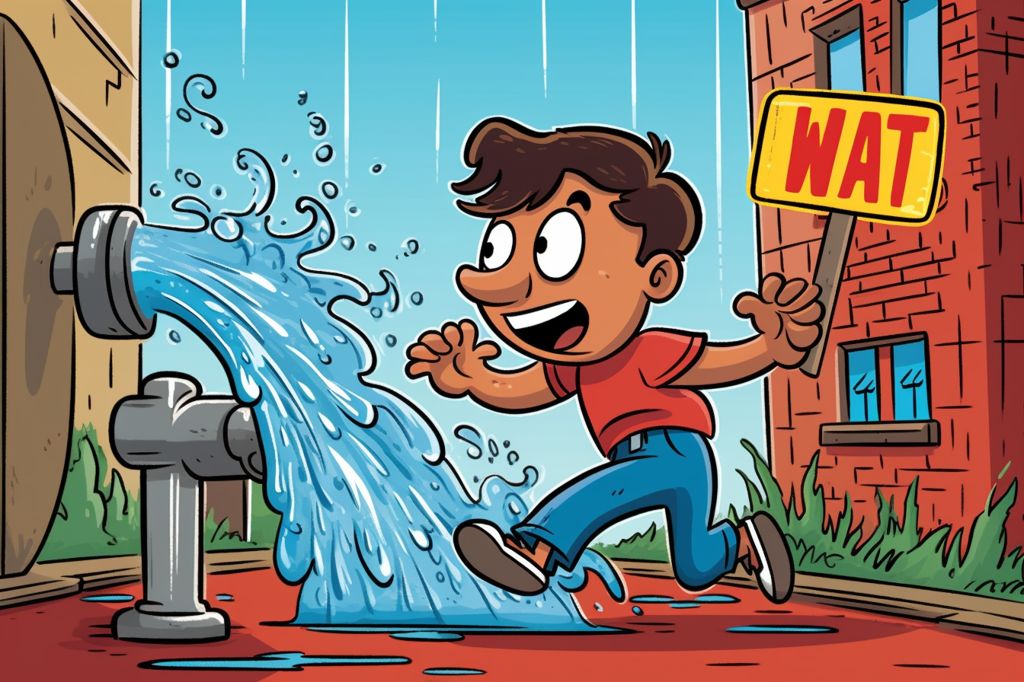On June 19, 2023, various departments and agencies, including the National Department of Water and Sanitation (DWS), Western Cape Environmental Affairs, Development Planning, and Department of Agriculture, Forestry and Fisheries conducted a joint operation to audit the Potsdam Wastewater Treatment Works and other facilities. The main objective of the operation, led by Ms. Boniswa Hene, the DWS Western Cape Director Regulations, was to assess the compliance level of Waste-Water Treatment Works (WWTW) and its associated infrastructure, ensuring adherence to water use license conditions to protect both freshwater and marine resources.
High Pollution Levels and Upgrade
The Potsdam Wastewater Treatment Works has been under increased scrutiny due to its contribution to the pollution levels in the Diep River and Milnerton Lagoon, which have had negative impacts on residents’ health. To address these issues, the City of Cape Town announced that the Potsdam Wastewater Treatment Works will undergo an upgrade, expected to be completed by 2027.
Joint Compliance Monitoring Results
The joint compliance monitoring will conclude on the West Coast on June 23, 2023, with results disseminated through various communication platforms. The spokesperson for the Department of Water and Sanitation, Wisane Mavasa, can be contacted for more information at 060 561 8935.
The Importance of Preserving Our Environment
As we await the results of the audit, it’s essential to acknowledge the importance of preserving our freshwater and marine resources. The joint monitoring operation is a positive step toward ensuring that wastewater treatment facilities adhere to the necessary standards, ultimately protecting the health and wellbeing of the surrounding communities.
Collaborative Efforts
It is worth noting that addressing pollution issues and ensuring compliance with environmental laws are not isolated endeavors. The collaborative efforts of the National Department of Water and Sanitation, Western Cape Environmental Affairs, Development Planning, and Department of Agriculture, Forestry and Fisheries demonstrate the necessity of interdepartmental cooperation in tackling environmental challenges. This joint operation is a shining example of what can be achieved when multiple agencies come together to work toward a common goal.
Commitment to Protecting the Environment
The planned upgrade of the Potsdam Wastewater Treatment Works is a significant commitment to address the pollution issues affecting the Diep River and Milnerton Lagoon. The completion of this upgrade is eagerly anticipated, as it will contribute to improving the environmental conditions of the area and the quality of life for its residents. The initiatives and actions taken by these departments and agencies reflect a commitment to protecting the environment and ensuring a healthier future for all inhabitants in the region.

